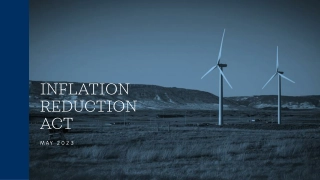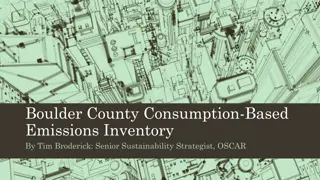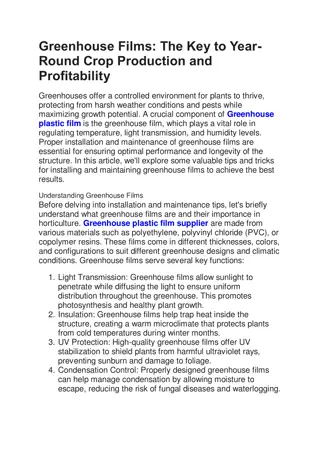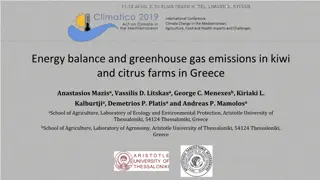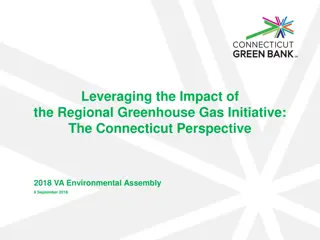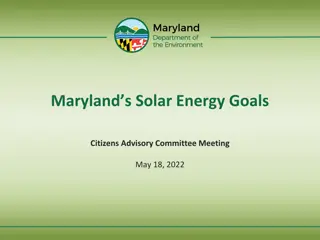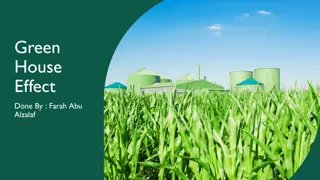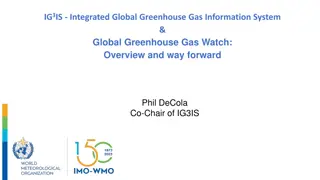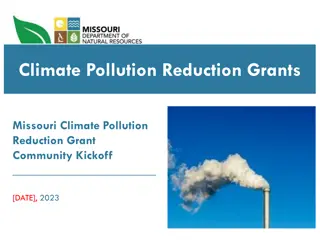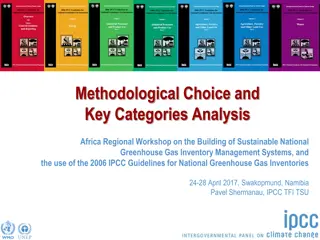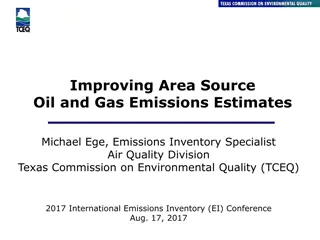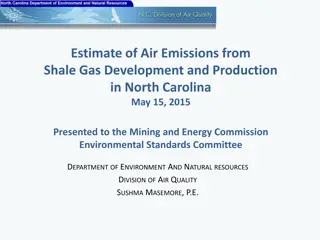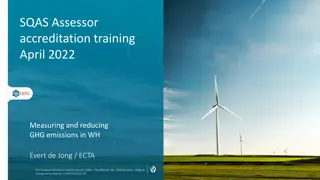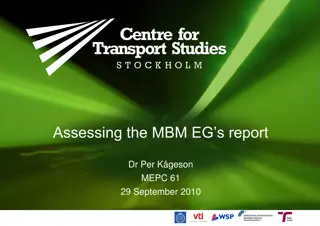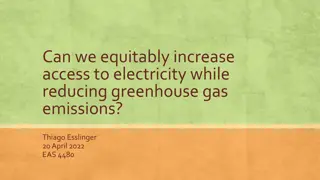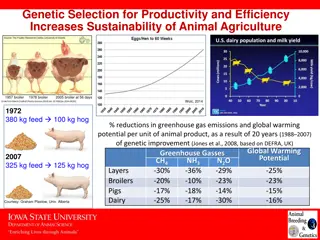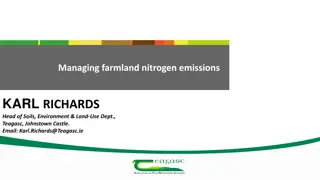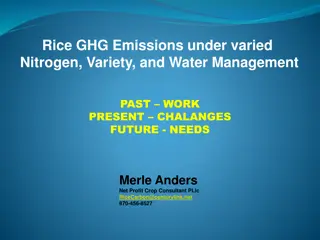EU Greenhouse Gas Emissions Reduction Efforts
The content covers EU's efforts to reduce greenhouse gas emissions, focusing on sectors like transport and heavy-duty vehicles. It discusses emission trends, targets, regulations, and progress reports towards a sustainable future.
Download Presentation

Please find below an Image/Link to download the presentation.
The content on the website is provided AS IS for your information and personal use only. It may not be sold, licensed, or shared on other websites without obtaining consent from the author.If you encounter any issues during the download, it is possible that the publisher has removed the file from their server.
You are allowed to download the files provided on this website for personal or commercial use, subject to the condition that they are used lawfully. All files are the property of their respective owners.
The content on the website is provided AS IS for your information and personal use only. It may not be sold, licensed, or shared on other websites without obtaining consent from the author.
E N D
Presentation Transcript
Barbara Surdykowska ISP Online training 28.10. 2024
Structure by sector and country
GHG emission per capita
Progress Report 2023 Shifting gears: Increasing the pace of progress towards a green and prosperous future Climate Action https://climate.ec.europa.eu/system/files/2023- 11/com_2023_653_glossy_en_0.pdf
Transport Transport emissions represent more than one-fifth of the overall EU domestic GHG emissions, of which the large majority from road transport (i.e. around 95%, or 75% when international bunkers are included). Since 2005, emissions have only slightly decreased. Inventory data show an annual decrease of 4 MtCO -eq between 2005 and 2021, a pace clearly insufficient to meet theEU 2030 target. Passenger cars and vans generate more than 70% of all road transport CO emissions in the EU. CO emission standards for new cars and vans and for heavy-duty vehicles are key drivers for reducing road transport GHG emissions.
Transport Heavy-duty vehicles (HDV), such as lorries, buses, and coaches, generate almost 30% of all CO emissions from road transport. Existing legislation requires manufacturers to reduce emissions of certain lorries by 15% by 2025 and 30% by 2030 compared to 2019 levels. In 2023, the Commission proposed revised CO standards for HDV further tightening existing standards and extending the scope to smaller lorries, buses, coaches and trailers. The proposed Regulation requires CO emissions reductions of 45% from 2030, 65% from 2035, and 90% from 2040 onwards compared to 2019 baseline. It also sets a100% zero-emissiontargetfor new urban busesfrom 2030. The Fuel Quality Directive also contributes to reducing transport emissions; it requires the life-cycle GHG emission intensity of fuels to be reduced by 6% by 2020 compared to 2010 levels. The average GHG intensity of fuels supplied in 2021 was 5.5% lower than in 2010. The progress by EU fuel suppliers varies greatly across Member States.
New EU rules to empower consumers for the green transition This means that before buying a product, consumers will receive better and more harmonised information on its durability and reparability. Consumers will also be better informed about their legal guarantee rights. In addition, vague environmental claims will be forbidden, meaning that companies will no longer be able to declare that they are green or environmentally friendly if they cannot demonstrate that they are. It will also be forbidden to display unreliable voluntary sustainability logos. In addition, unfair commercial practiceslinked to early obsolescencewill beprohibited,such as false claims about thesustainability of an asset. Vera Jourov , Vice-President for Values and Transparency, said:'Empowering consumers for the green transition means giving European citizens the tools to make informed choices and preventing practices such as greenwashing and early obsolescence from being used in thesinglemarket.' Didier Reynders, Commissioner for Justice, added: 'Thanks to these new rules, consumers will now receive answers to questions, such as "Is the product I want to buy really sustainable?" "Can I choose a product designed to last?" "Is the environmental claim on the product reliable?"It isexcellent news foreveryconsumerto participate in thegreentransition.' EU countries are required to transpose the Directive into their national law by 27 March 2026. The rules will apply from 27 September 2026. Directive (EU) 2024/825 of the European Parliament and of the Council of 28 February 2024 amending Directives 2005/29/EC and 2011/83/EU as regards empowering consumers for the green transition through better protection against unfair practices and throughbetterinformation(Text withEEArelevance)
New EU rules to empower consumers for the green transition In the absence of specific rules on claims regarding the 'green' nature of products, how can consumers be sure that such claims are reliable, comparable and verifiable throughout the EU? On 22 March 2023, the European Commission put forward a proposal for a directive on green claims. The proposed directive would require companies to substantiate the voluntary green claims they make in business-to-consumer commercial practices, by complying with a number of requirements regarding their assessment (e.g. taking a life-cycle perspective). In Parliament, the file was allocated jointly to the Committees on Internal Market and Consumer Protection (IMCO) and on Environment, Public Health and Food Safety (ENVI). Parliament adopted its first-reading position on 12 March 2024 and the Council approved a general approach on 17 June 2024. Interinstitutional negotiations are now about to begin. Third edition. The 'EU Legislation in Progress' briefings are updated at key stages throughout the legislative procedure.
Substantialamounts of finance Achieving climate neutrality in the EU by 2050 requires very substantial amounts of finance. Between 2021 and 2030, additional public and private investment in excess of EUR 477 billion per annum will be needed to fund the green transition.
Published draft legislation Belgium, Hungary, Latvia, Luxembourg, Poland, Romania Preparations are ongoing Austria, Bulgaria, Croatia, Czechia, Finland, Greece, Netherlands, Slovakia, Spain Art. 4 Process not started Cyprus, Estonia, France, Italy, Lithuania, Malta, Portugal Say no action is required Germany, Ireland, Slovenia
https://wage-up.etuc.org/ Art. 4


